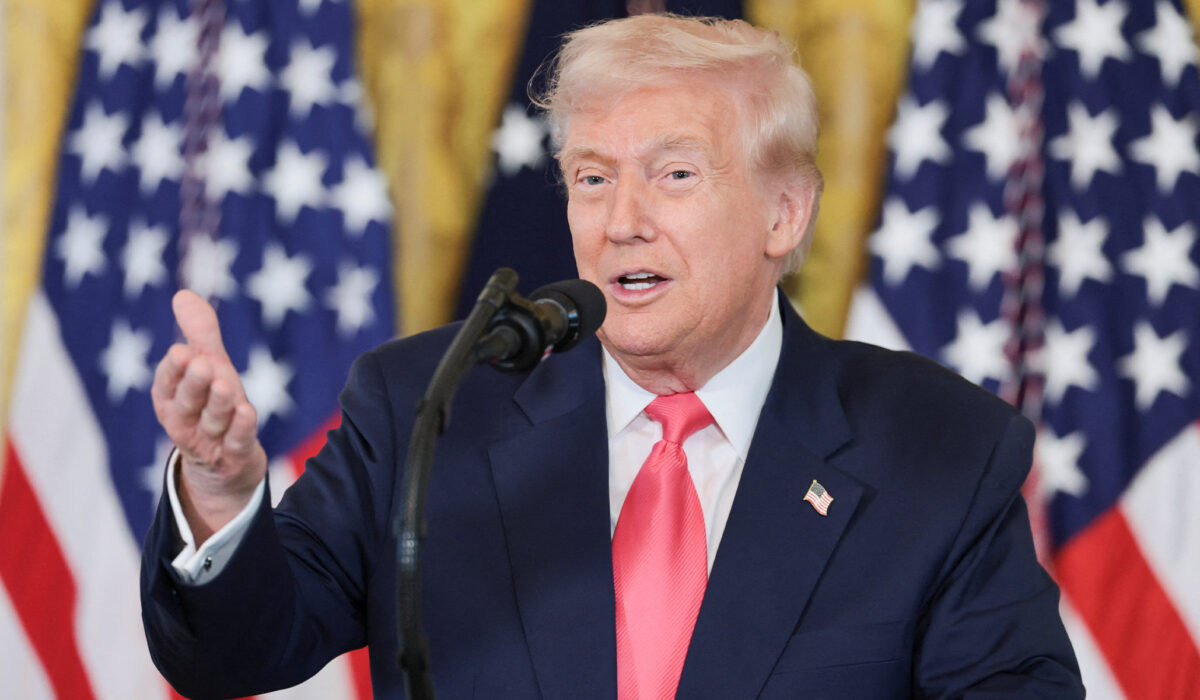The Legal Frame for Trump’s Tariffs
The best legal argument for the Trump tariffs assumes that we are currently in a declared war with every country on the planet. That claim captures the legal stretch critics point to when they say the administration is treating ordinary trade policy like a wartime toolkit. It’s blunt and it forces the debate onto hard questions about authority and limits.
Put simply, the argument rests on the idea that broad presidential power in national security and emergency law can justify sweeping economic measures. If courts accept that frame, they give the president latitude to impose tariffs far beyond normal trade remedies. If they reject it, the policy becomes vulnerable to reversal or rollback.
From a Republican perspective, tariffs are not a policy vice but a tool to correct bad deals and defend essential industries. Statutes such as Section 232 on national security and Section 301 on unfair practices have been used by administrations who want leverage, and those statutes supply a clearer statutory path than a wartime fiction. Using explicit congressional mandates makes the legal footing simpler and the political case more straightforward.
Judges look at text, structure, and history when they decide whether an action fits within presidential power. They also consider whether Congress intended to cede so much authority, especially in peacetime. Courts have sometimes deferred in national security settings, but they are also cautious about expanding executive power without firm statutory backing.
Politically, invoking national security resonates because voters understand the stakes of supply chains and strategic industries. Republicans who champion tariffs argue they are defensive measures, not protectionist orthodoxy for its own sake. The key is to tie tariffs to tangible outcomes like manufacturing jobs, supply resilience, and leverage in negotiations.
There are costs and tradeoffs that don’t vanish because a policy is popular with a base. Tariffs can raise input costs for manufacturers and consumers, and overreach can invite retaliatory measures that hurt exporters. A responsible approach looks for narrow, targeted measures that address specific harms and avoid painting global commerce as an enemy.
Legally, the cleanest road is legislative clarity rather than relying on a wartime analogy. If policymakers want durable authority to shape trade aggressively, the right move is to craft laws that spell out the circumstances and limits. Pretending we are at war with the planet may make a rhetorical point, but it is a shaky legal strategy for long-term, sustainable trade policy.

